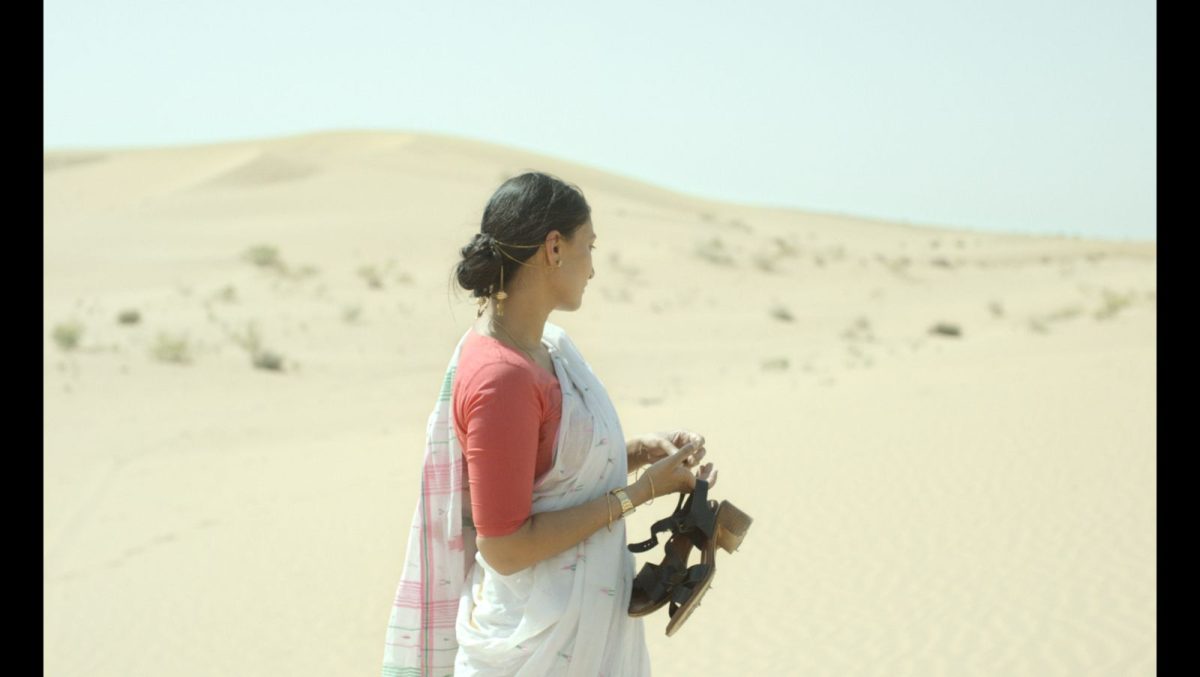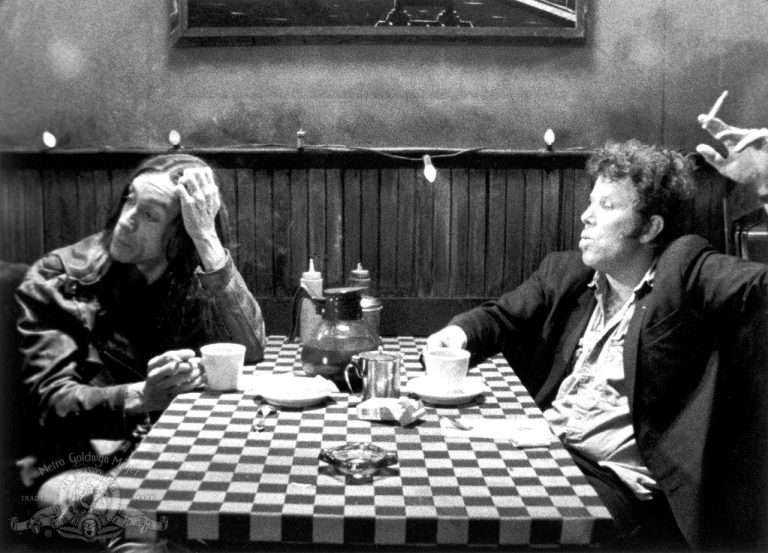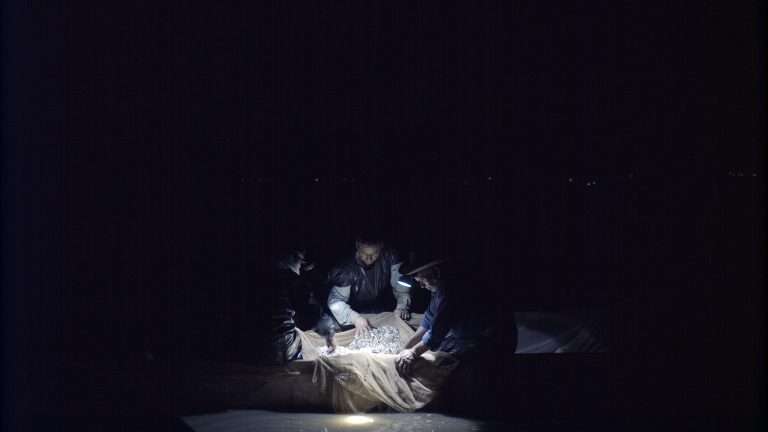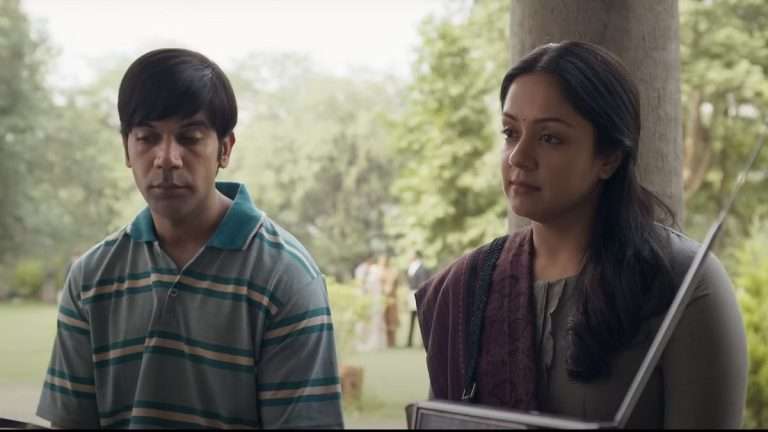Because of her father’s life in the military, Radha’s family is constantly on the move—drifting from one corner of India to another. Her childhood, though not turbulent, becomes one of perpetual motion—ever-changing, fluid, and far from conventional. We see glimpses of her simple joys: spending afternoons with friends, caring for her younger sister, and gathering eagerly with her family around the television.
But when her father is transferred to Uri, her parents decide she should stay with her grandparents, where the schools are better, hoping to offer her the stability she’s never known. It’s here that “Umesh Chronicles” unfolds—a tender coming-of-age story elevated by Pooja Kaul’s quietly magical storytelling, where the ordinary rhythms of growing up take on a lyrical, almost transcendent beauty.
Refreshingly, Pooja Kaul allows this film to not just be Radha’s story but also be the story of the house help, the people who are often forgotten when we look at middle-class families in India. Radha’s family, while middle-class, is still relatively a privileged one, and “The Umesh Chronicles” doesn’t shy away from tactfully showing the realities of those that cinema often fails to capture.
Often, these characters are shown to depict struggle and pain without any sense of interiority; Kaul chooses to forgo this. She allows us to see the dreams, the hopes, and the inner lives, the realities depicted never feel sanitised nor are they twisted into something hyper sensationalized a la “Slumdog Millionaire.”
It’s portrayed with remarkable care and tenderness, imbued with a quiet honesty that makes every moment feel genuine and deeply felt. As Radha lives with her grandparents, she slowly starts to befriend Sundar, the house help. Their friendship is sweet, but it’s clear that the life of privilege afforded to Radha is something that will always mean that there is a wall between the two – even when Radha is able to scale the wall and see how her friend lives, hear his story, and see his pain.
There’s an understated tenderness that radiates from Pooja Kaul’s meditative coming-of-age drama that signals the arrival of an incredibly exciting voice in Indian cinema. Kaul imbues the film with such a textured and lived-in quality that you can’t help but instantly sink into it.

Must Read: 50 Best Hindi Films of the 21st Century
The nonlinear storytelling makes the film feel akin to a tone poem. The sounds of rain thundering down, chai on the stove, and the light peering through the hallways of the old stately house. The quiet conversations, musical moments, comings and goings of guests and friends. Kaul is able to find the universal truths of middle-class Indian life and allows it to blossom.
The film is an incredibly nostalgic piece that never feels saccharine. Its nostalgia is rooted in the familiar warmth of childhood as opposed to obsessing over cultural artifacts. It’s a magical film that feels so textured and lived in that it is hard for you not to see elements of yourself or your family on screen. Despite not personally growing up in India, as someone from the diaspora, I saw so much of my own family in this film. I saw my mother, I saw my grandad, and I saw childhood stories that were told to me. In fact, the specificity is what allows it to be so beautifully universal.
The visual language of the film invites us to observe like a fly on the wall—intimately close, yet never intrusive. It draws our attention to the quiet details: fleeting glances, tender gestures, the cobwebs tucked into corners, the faded family photographs, the cracks that run along the walls. It’s unassuming, yet astonishingly rich in texture. The ensemble cast is uniformly excellent—a seamless blend of first-time and non-professional actors holding their own alongside legends like Amitabh Bachchan. Aiza Khan, as Radha, delivers a stunning debut; she embodies the curiosity and wonder of childhood while delicately conveying the unease of a life defined by constant change.
One of the biggest surprises of the film was Amitabh Bachchan. With a handful of scenes as Radha’s grandfather, he manages to deliver his best performance in quite some time. Bachchan’s performance carries an effortless command—imbued with gravitas yet softened by a disarming warmth.
Even with limited screen time, he leaves an indelible mark; there’s a fleeting look he gives near the film’s end that quietly breaks the audience’s composure, drawing tears without a word spoken. Equally memorable is Adil Hussain in a brief but poignant turn as a family friend who escorts Radha to Uri. In a simple scene about stargazing and constellations, he evokes a quiet sense of wonder that lingers long after the film ends.
“The Umesh Chronicles” stands as one of the most assured and affecting debuts in recent Hindi cinema. Kaul crafts a story of childhood, class, privilege, and growing up with such tenderness and honesty that it’s impossible not to be moved by its understated sincerity.







